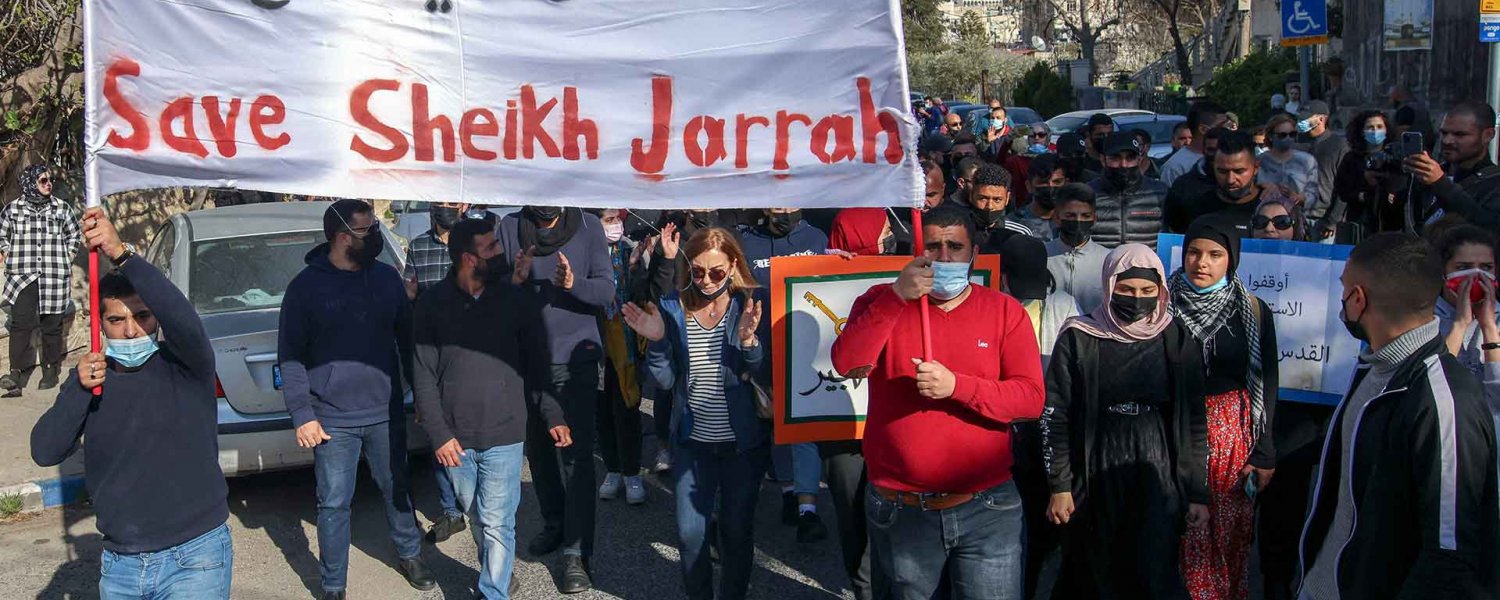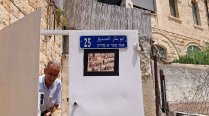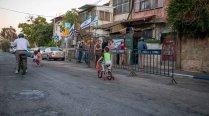Jerusalem Story: When was the latest decision issued by the Israeli Supreme Court in favor of the Sheikh Jarrah families, and what are the names of these families?
Hosni Abu Hussein: On May 9, 2024, the Israeli Supreme Court issued a decision in favor of the al-Daoudi, Dajani, and Hammad families, overturning their expulsion from their homes located in the eastern part of the Sheikh Jarrah neighborhood, known as Kerem al-Juni. We [previously] confirmed this decision in the Israeli Magistrate’s Court by arguing that no decision contrary to the Supreme Court’s [prior 2022] ruling [in the cases of four other families] can be issued according to the law. Therefore, the Magistrate’s Court judge accepted the argument and ruled against the expulsion of these families.
Prior to issuing the decision, a session was held at the Supreme Court on March 11, 2024, during which the judges heard both sides. We argued that three Supreme Court judges had issued a 100-page decision on March 1, 2022, nullifying the expulsion orders of four previous families: Skafi, Jaouni, Qasim, and al-Kurd, and that this should also apply to the other families [i.e., the three involved in the current decision].
The Supreme Court accepted our viewpoint. Consequently, on May 9, 2024, a positive decision was issued regarding the three families, rendering the expulsion orders against them void and prohibiting settlers from further pursuing these families.
JS: What is the most significant accomplishment achieved by securing a favorable decision from the Supreme Court to halt the expulsion of the neighborhood’s homes in favor of settlers?
HAH: We prevented the establishment of a Jewish settlement in Sheikh Jarrah. There were plans to displace all residents of Kerem al-Juni to make way for the settlement project proposed by the Zionist settler organization Nahalat Shimon. The company had already submitted a master plan to the Jerusalem municipality, which was almost approved, to demolish and remove all Palestinian homes here to establish a settlement. Nahalat Shimon claims it bought the land from settler organizations.
JS: Do the two Supreme Court decisions in favor of the Sheikh Jarrah families pave the way for the reclamation of homes previously seized by settlers in the neighborhood, which belong to the Hannon, Ghaoui, and al-Kurd families?
HAH: At that time, I petitioned the Magistrate’s Court to cancel the expulsion orders issued against the homes of Maher Hannon and his two brothers, Ibrahim Ghaoui, and Mohammad Kamel al-Kurd.
During the sessions held in the Israeli Magistrate’s Court, the judge expressed a belief in the validity of my claim that these properties do not belong to the settlers. He subsequently called the head of the Jerusalem Police Center in the al-Moskobiyya building and told him that the police had already executed expulsion orders for these three family residences, now occupied by settlers. As a judge, he voiced doubt regarding the ownership of the land. He instructed the responsible police officer that if it is determined that these properties do not belong to the settlers but to the Sheikh Jarrah families (Ghaoui, al-Kurd, and Hannon), they should be allowed to return to their homes.



